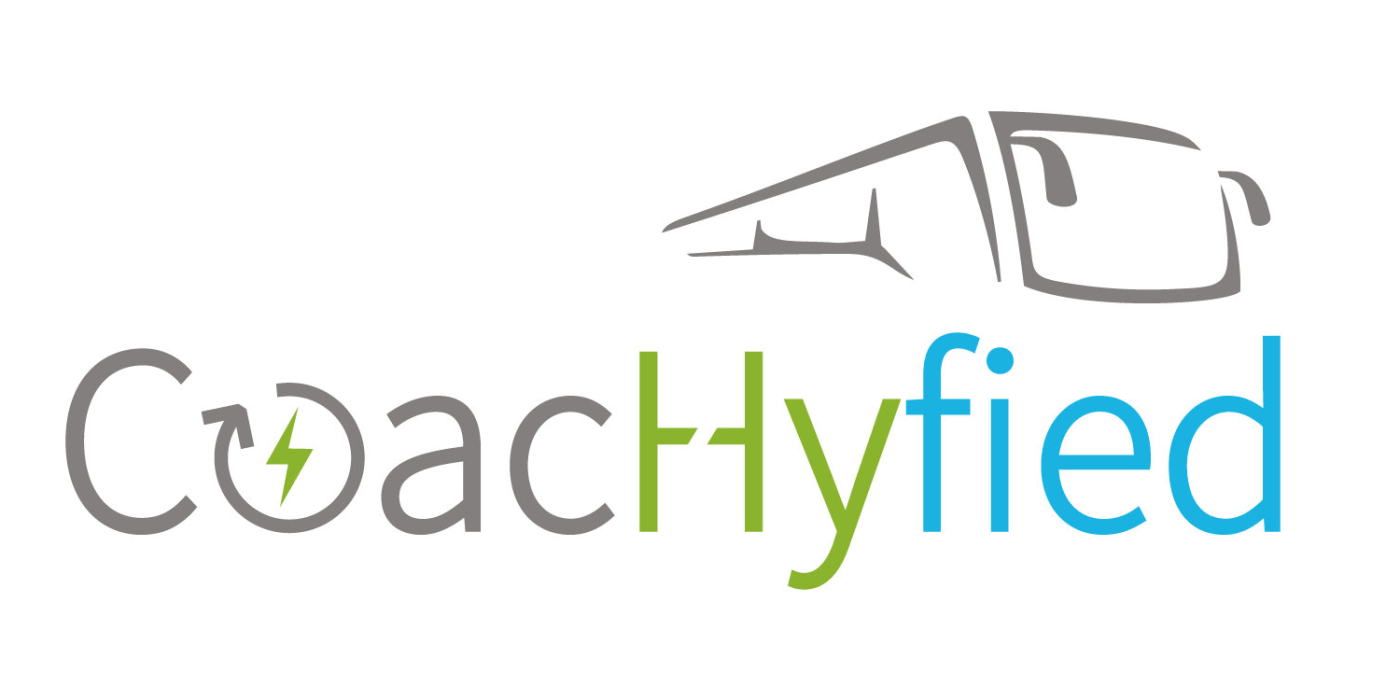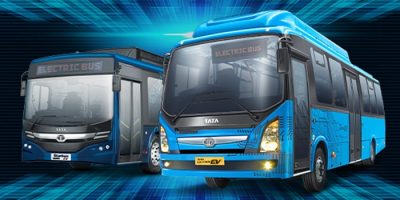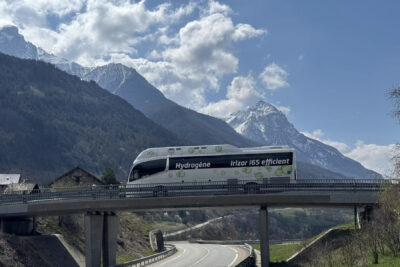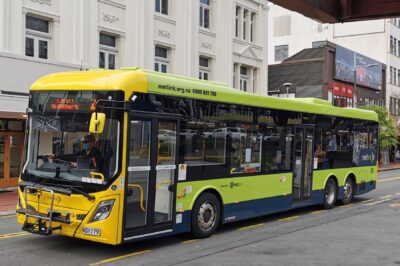CoacHyfied to develop hydrogen buses in Europe
The EU project “CoacHyfied”, led by the development service provider FEV, will develop six fuel cell coach buses for deployment. The three-year demonstration phase already started at the beginning of 2021.
The project is being carried out by a total of 14 companies from the fields of development, technology and science, including Ballard Power Systems, ElringKlinger Fuelcell Systems Austria, I SEE Electric Busses, but also, for example, the Turkish Ford subsidiary Ford Otomotiv Sanayi A.Ş, which builds the commercial vehicles for Ford Europe. The demonstration phase under real operating conditions of the buses started at the beginning of the year and will last up to three years. The entire project is scheduled to run for five years.
The intention behind it is that by operating the six vehicles in public and commercial local and long-distance transport, “existing challenges” are to be highlighted and suitable solutions developed.
In the course of the project, two types of coaches will be examined: on the one hand, OEM-based, newly produced fuel cell buses, and on the other hand, existing buses that have been converted to fuel cell propulsion. The aim is to test the second use of technically still flawless chassis through retrofit solutions. “In this way, existing vehicle fleets can continue to be used in a climate-neutral way that conserves resources,” says Stefan Pischinger, CEO of the FEV Group.
But the infrastructure and its logistics will also be tested. “The use of “green hydrogen” during the project will also provide valuable insights regarding logistics for energy suppliers and future operators of the fuel cell buses,” FEV writes.
FEV also points to the comparatively low system weight (which is an advantage in heavy-duty applications), the short refuelling times and, when green hydrogen is used, emission-free operation as advantages of fuel cell technology. “Some transport companies are already taking advantage of these benefits and are increasingly using fuel cell systems in their city buses,” FEV says in the statement. So far, purely battery-electric buses have been predominantly used in European zero-emission bus services. According to a recently published evaluation by the consulting firm PwC, there were just 64 FC buses on the road in Germany at the end of 2020 and slightly more than 500 battery-electric buses. For 2021, PwC expects almost 1,000 new battery buses. Overall, there are around 80,000 buses on German roads – plenty of scope and opportunity for both zero-emission technologies and differentiated infrastructures.





0 Comments